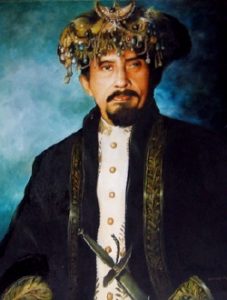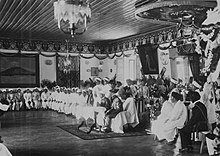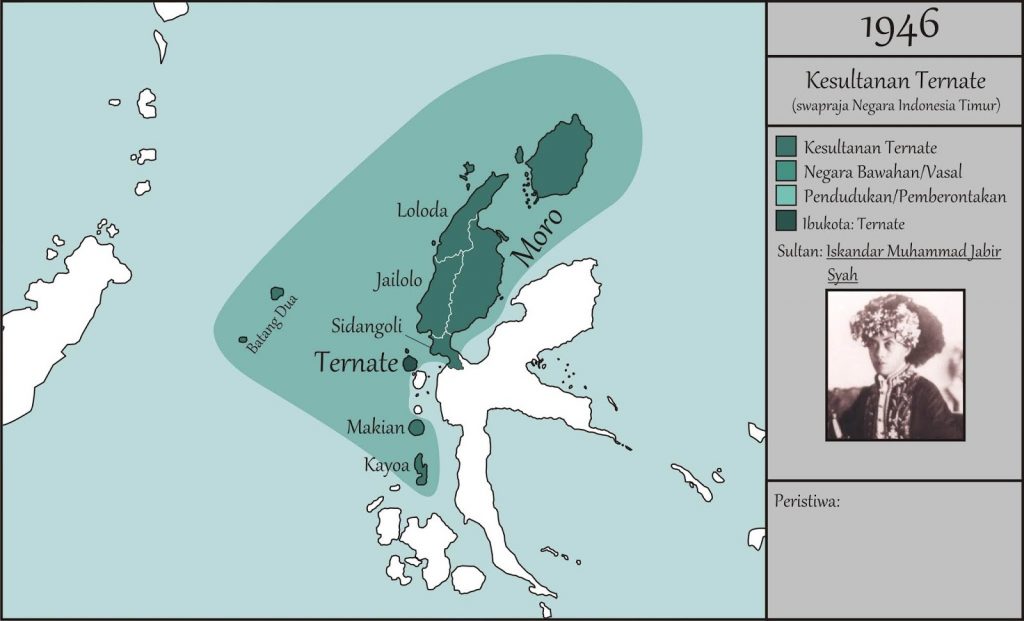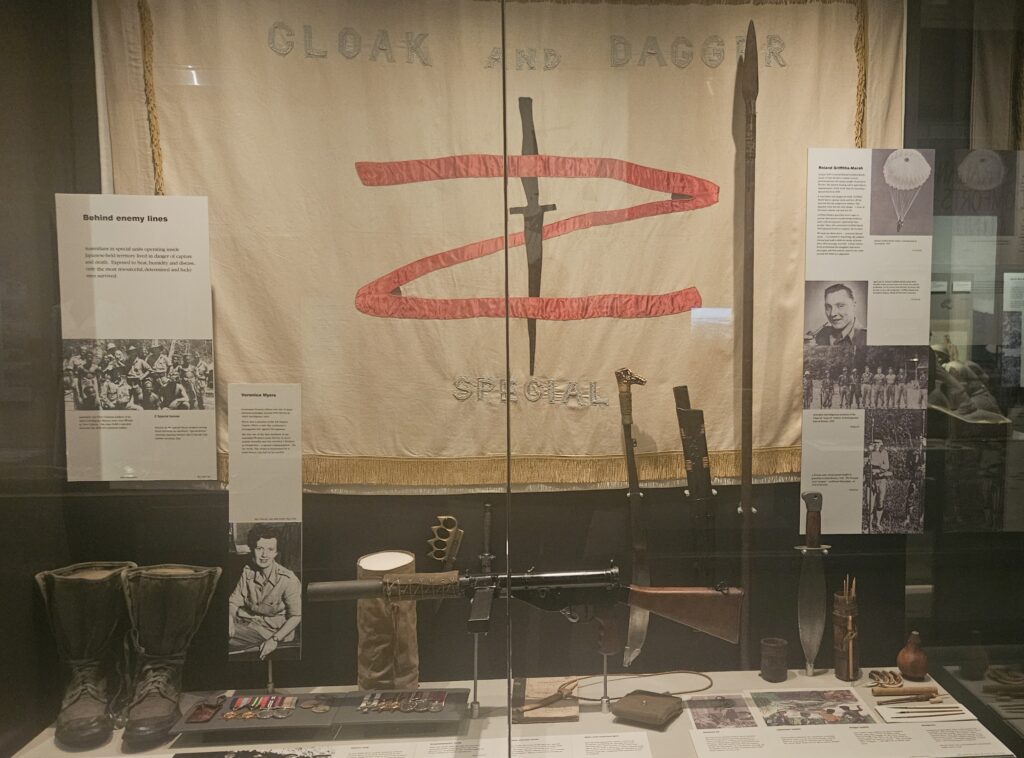 |

Sultan Muhammad Jabir Syah (4 March 1902 – 4 July 1975) was the 47th ruler of Ternate from 1929 to 1975 and the last Ternatan Sultan with executive powers. In 1944, during World War II, the Western Allies began liberating parts of eastern Netherlands East indies. They contacted Sultan Jabir, who had moved to the nearby island of Hiri, which was not garrisoned by Japanese troops.
In 1945, an audacious operation called Project Opossum was carried out to save the Sultan and his family from under the noses of Japanese troops garrisoned on Ternate. General Douglas MacArthur ordered this operation, and it was executed by the Australian Z Force, an elite surveillance and sabotage unit. The Sultan had been sending clandestine intelligence to the Allies and was convinced he and his family were to be killed by the Japanese due to his refusal to bow to their authority.
Project Opossum was a fascinating insight into Australia’s wartime support for the Dutch to regain the Netherlands East Indies, which now makes up Indonesia. The escape plan had been hatched after the Sultan had sent a team of Ternatans to row a traditional prahu boat to Morotai, where the Allies were stationed. A Z Force contingent was assigned to the mission, which included Australians and Netherlands East Indies (KNIL) recruits.
The Sultan and his family were successfully rescued. An Allied motorboat picked him up and brought him to Morotai, from where he was flown to Brisbane Australia, where he stayed at Camp Columbia. His children went to school at Wacol alongside the children of Dutch officers. However, he was not all that impressed about the accommodation provided to him and his family.
The Allies had initially planned for the Sultan to head eastern Indonesia under a new Dutch-controlled Federation. The Sultan returned to Ternate after the Japanese surrender in August 1945, carrying the official rank of Lieutenant-Colonel in the Dutch Colonial Army (KNIL).
Local members of the anti-Japanese resistance were incorporated into the KNIL, and the Sultan personally commanded a detachment. He was also appointed Resident of North Maluku. However, by this time, the Indonesian Revolution was underway, and Indonesian nationalism was not particularly strong in Maluku, which was incorporated into the Dutch-guided pseudo-state East Indonesia.
In the ensuing elections to the East Indonesian parliament, Muhammad Jabir supported Partai Persatuan Maluku Utara (PASMU) against the nationalistic Persatuan Indonesia (PI). Nevertheless, PASMU did not gain representation in the parliament in Makassar. Muhammad Jabir was appointed Minister of Internal Affairs in 1949–50, during which North Maluku consisted of three swapraja (self-rule) regions: Ternate, Tidore, and Bacan, whose Sultans handled daily affairs as an executive council. A People’s Representative Council had the authority to participate in lawmaking.

See also: The untold story: how Z Force saved the sultan

